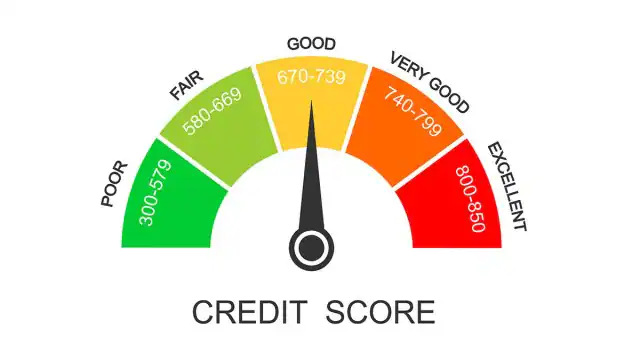Your credit score is a number with significant power—it influences your ability to get a loan, secure a low interest rate, and even qualify for specific jobs. While most people know that paying bills on time is essential, hidden factors and little-known industry practices can impact your credit score in surprising ways. Here’s the truth about credit scores that banks don’t often reveal.
1. The Algorithms Are a Secret
The formulas determining your credit score are complex and proprietary, meaning the exact factors and weights are hidden from the public. While FICO and VantageScore are transparent about the primary categories they consider, like payment history and credit utilization, the exact calculations are a closely guarded secret. This opacity works to the advantage of banks and credit bureaus because they can justify fluctuating scores without revealing too much. It also means that small actions can have a disproportionately large impact, while seemingly responsible behaviors may not influence your score as much as expected.
2. Credit Inquiries Can Lower Your Score
When you apply for a new credit card, car loan, or mortgage, a “hard inquiry” is made on your credit report. Banks consider these inquiries signs of risk, which can temporarily lower your credit score. Even if you’re simply shopping around for the best loan rate, multiple inquiries over a short period can have a cumulative effect. Many are shocked to learn these inquiries can stay on their credit report for up to two years.
Pro Tip: Make all applications within two weeks when shopping for rates. FICO often treats inquiries within a short time frame as a single event, minimizing the impact on your score.
3. Closing Old Accounts Can Hurt You
Banks want you to believe closing unused credit accounts is a responsible financial move but can lower your credit score. One key factor in your score is the length of your credit history. Older accounts help establish your “average age of credit,” which benefits your score. Additionally, closing an account reduces your total available credit, which can increase your credit utilization ratio. This metric compares the amount of credit you use to your total credit limit. This can hurt your score, even if you’re not taking on new debt.
Pro Tip: If you have old credit accounts with no annual fees, consider keeping them open. They can add to your overall credit history and increase your available credit, improving your credit utilization ratio.
4. Banks Benefit from Lower Scores
It may surprise you that banks profit from consumers with lower credit scores. Borrowers with lower scores tend to pay higher interest rates on loans and credit cards, resulting in more bank revenue. The credit industry generates billions of dollars in interest from subprime and near-prime borrowers. Because of this, banks have a vested interest in keeping scores low enough to maximize profits without driving consumers away.
5. Debt-to-Income Ratio Isn’t Part of Your Credit Score
Many assume their debt-to-income (DTI) ratio, the percentage of income used to pay debts, is factored into their credit score. However, credit scoring models don’t consider DTI directly. Yet banks often use DTI to assess loan eligibility, especially for mortgages. So, while a high DTI doesn’t affect your score, it can still impact your ability to get a loan, leaving some borrowers surprised when denied despite having a high credit score.
Final Thoughts
Understanding the hidden details behind credit scores can help you make more informed financial decisions. By knowing what banks prefer to keep under wraps, you can avoid common pitfalls and work toward improving your credit score. Remember, a strong credit score opens up more options and can save you thousands in interest over time. Stay informed, take control, and ensure your score reflects your financial health, not just what’s convenient for lenders.

